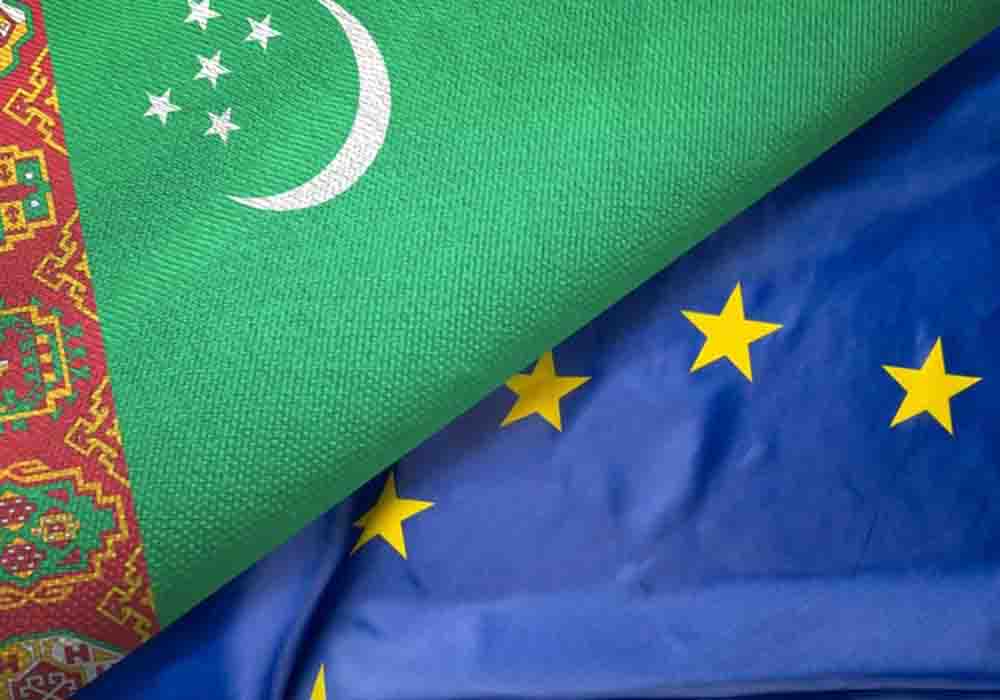This week, many Central Asian migrant workers in Russia lost their jobs as the Russian economy suffers under sanctions, leaving families at home short of cash, the Taliban is said to be working on the preservation and restoration of the Buddha statues that sit on top of a massive copper ore deposit, and a Kazakhstani radio presenter is reportedly under probe for calling on Putin to “take care” of “Nazis” in Kazakhstan on air.

Image source: Silk Road Briefing
Central Asian migrants in Russia are being laid off due to the economic downturn (RFE/RL). As a result of the sanctions imposed on Russia after its invasion of Ukraine, the Russian economy has suffered and many businesses are now downsizing to stay afloat. First on the chopping block are the migrants from Central Asia, whose families in their home countries rely on them as their primary source of income. Countries such as Tajikistan and Kyrgyzstan rely on the money their emigrants send back home, and most of these emigrants, legal and illegal, work in Russia. With the economic downturn, many migrants find themselves short of work. Subsequently, the income they would be sending back home is gone, too, causing a subsequent economic downturn in Central Asian economies.
The Taliban government is said to be working to preserve Buddha statues to attract Chinese investments (AP, Independent). The statues in question are located in the Mes Aynak region of Afghanistan, on top of one of the largest copper deposits in the world. The Taliban were initially against open-faced mining which would have destroyed the statues. However, after the Chinese partner, MCC judged the alternatives cost-prohibitive, the Taliban now decided to relocate the statues elsewhere. This is likely a PR move by the Taliban, to present themselves as more reasonable and tolerant, and to ease the ongoing talks with the Chinese government and MCC officials on the exploitation of the copper deposits. The Taliban is short on revenue and with the Afghan foreign accounts still frozen, the country is facing widespread famine, leaving closer relations with China a matter of utmost importance.
In Kazakhstan, a probe was launched against a radio host who called Putin for help (RFE/RL). Lyubov’ Pavlova, now a former “Europa+” radio station presenter, is being investigated by the police on the grounds of “inciting ethnic hatred.” She has reportedly called for the Russian President Vladimir Putin to “take care” of “Nazis” in Kazakhstan. Fears of Russian invasion have been prevalent in Kazakhstan ever since the 2014 Russian invasion and annexation of Crimea. Many fear that Kazakhstan’s northern regions, where most of its ethnic Russians reside, could be annexed under the same pretext as Crimea was. Now with Russia invading Ukraine proper to “denazify” it, the fear again grows among the locals in the Central Asian republic. In this context, the Kazakh government has been wary of supporting Russia and has acted hostile toward people such as Pavlova who voice out their support for Russia’s invasion of Ukraine.
Elsewhere, the EU is said to be considering Turkmenistan as a source of natural gas to diversify its supply chains (SRB). Natalie Costello, the director of the advisory committee of the Trans Caspian Resource Company said that the current situation has forced the EU to reconsider its stance on energy security. A pipeline with a capacity of 10-30 billion cubic meters per year, enough to rival one of the canceled Nordstream 2 pipelines, is under consideration. If built, it will run through Azerbaijan, Turkey, and into the EU, bypassing Russia altogether. With the cancelation of Nordstream 2 as a result of Russia’s invasion of Ukraine, the EU has been in an energy deficit. Central Asian countries such as Kazakhstan and especially Turkmenistan present a promising new source of natural gas. Despite its authoritarian regime, Turkmenistan is a much smaller country compared to Russia, making it less likely to threaten the EU’s gas supply.

